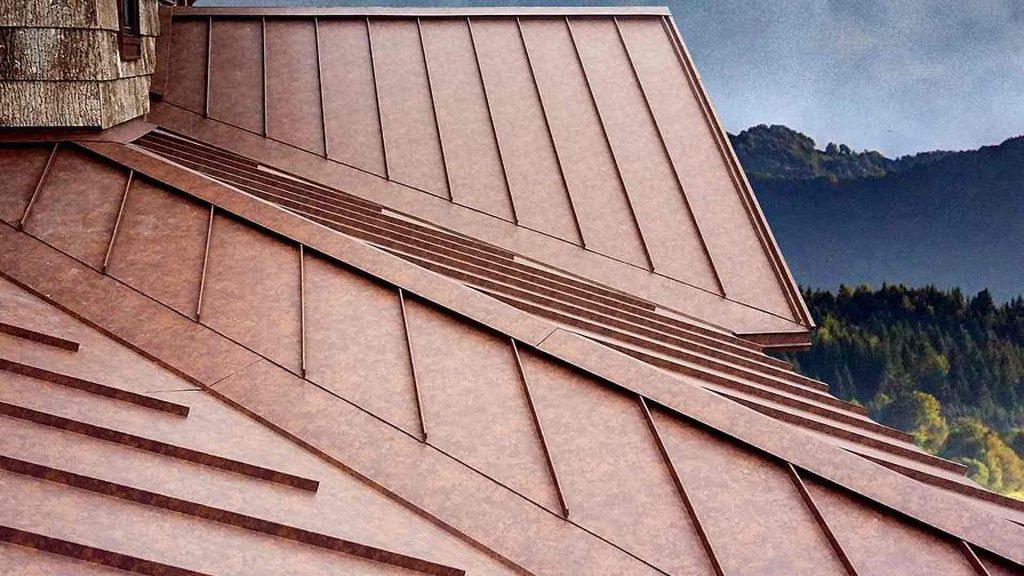When it comes to choosing a roofing material, durability and longevity are often at the top of the list of considerations. One option that has gained popularity in recent years is a 26 gauge metal roof. But just how long can you expect this type of metal roof to last? In this article, we’ll explore the lifespan of a 26 gauge metal roof, factors that influence its longevity, and why it might be a smart investment for your home.

Understanding the Basics:
A 26 gauge metal roof refers to the thickness of the metal used in the roofing material. The gauge number indicates the metal’s thickness, with a lower gauge number representing a thicker metal. In this case, 26 gauge indicates that the metal is relatively thick and sturdy. This thickness contributes to the roof’s overall durability and its ability to withstand various weather conditions.
The Lifespan
The longevity of a 26 gauge metal roof largely depends on several key factors:
- Material Quality: The quality of the metal used in the roof plays a significant role in determining how long it will last. High-quality metals are more resistant to corrosion, rust, and other forms of degradation, allowing the roof to maintain its integrity over time.
- Installation: Proper installation is crucial for the longevity of any roofing material, including this roof. Incorrect installation can lead to issues such as leaks, water damage, and premature wear. Hiring experienced professionals ensures that the roof is installed correctly from the start.
- Climate and Environment: The weather conditions in your region can impact the lifespan of a metal roof. Metal roofs perform well in various climates, but exposure to extreme heat, heavy rainfall, snow, and high winds can affect their longevity. Regular maintenance and inspections can help identify and address potential issues before they escalate.
- Maintenance: Like any roofing material, regular maintenance is key to extending the lifespan of this roof. Clearing debris, checking for rust or corrosion, and addressing minor repairs promptly can prevent small issues from turning into major problems.
Advantages of a 26 Gauge Metal Roof
- Longevity: A 26 gauge metal roof is known for its exceptional durability and longevity. When properly maintained, it can last anywhere from 40 to 70 years or more, depending on the factors mentioned above.
- Low Maintenance: Metal roofs require less maintenance compared to traditional roofing materials. They don’t rot, warp, or crack like wood, and they are resistant to pests, which can further prolong their lifespan.
- Energy Efficiency: Metal roofs are reflective, meaning they can reflect sunlight and heat, reducing the need for air conditioning and ultimately contributing to energy savings.
Investing in Long-Term Value
Opting for a 26 gauge metal roof is more than just a practical choice – it’s an investment in the long-term value of your home. While the upfront cost might be higher compared to other roofing materials, the extended lifespan and minimal maintenance requirements can result in significant savings over the years. Additionally, the aesthetic appeal of a metal roof can enhance your home’s curb appeal and overall market value.
Conclusion
In conclusion, the lifespan of a 26 gauge metal roof can vary depending on factors such as material quality, installation, climate, and maintenance. With proper care and attention, a well-installed and well-maintained this roof can last anywhere from 40 to 70 years or more. Its durability, low maintenance needs, energy efficiency, and long-term value make it a compelling option for homeowners seeking a roofing solution that stands the test of time.



Leave a Reply